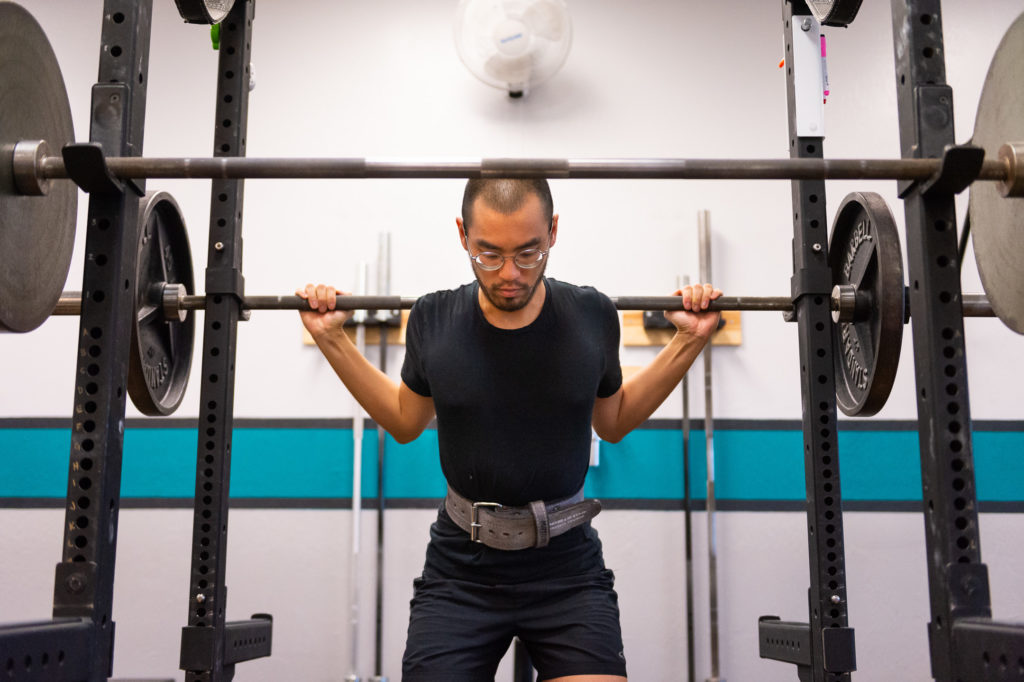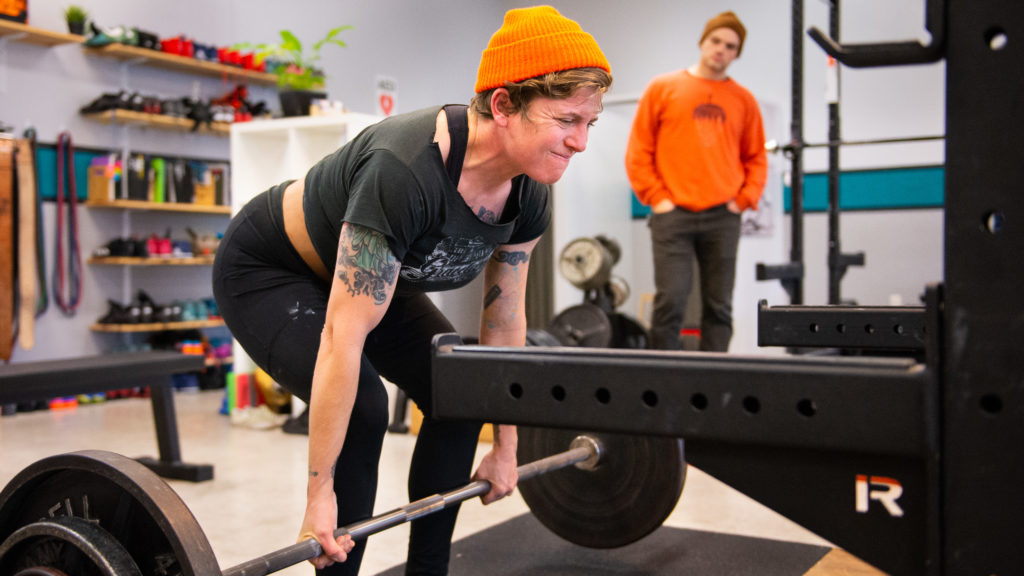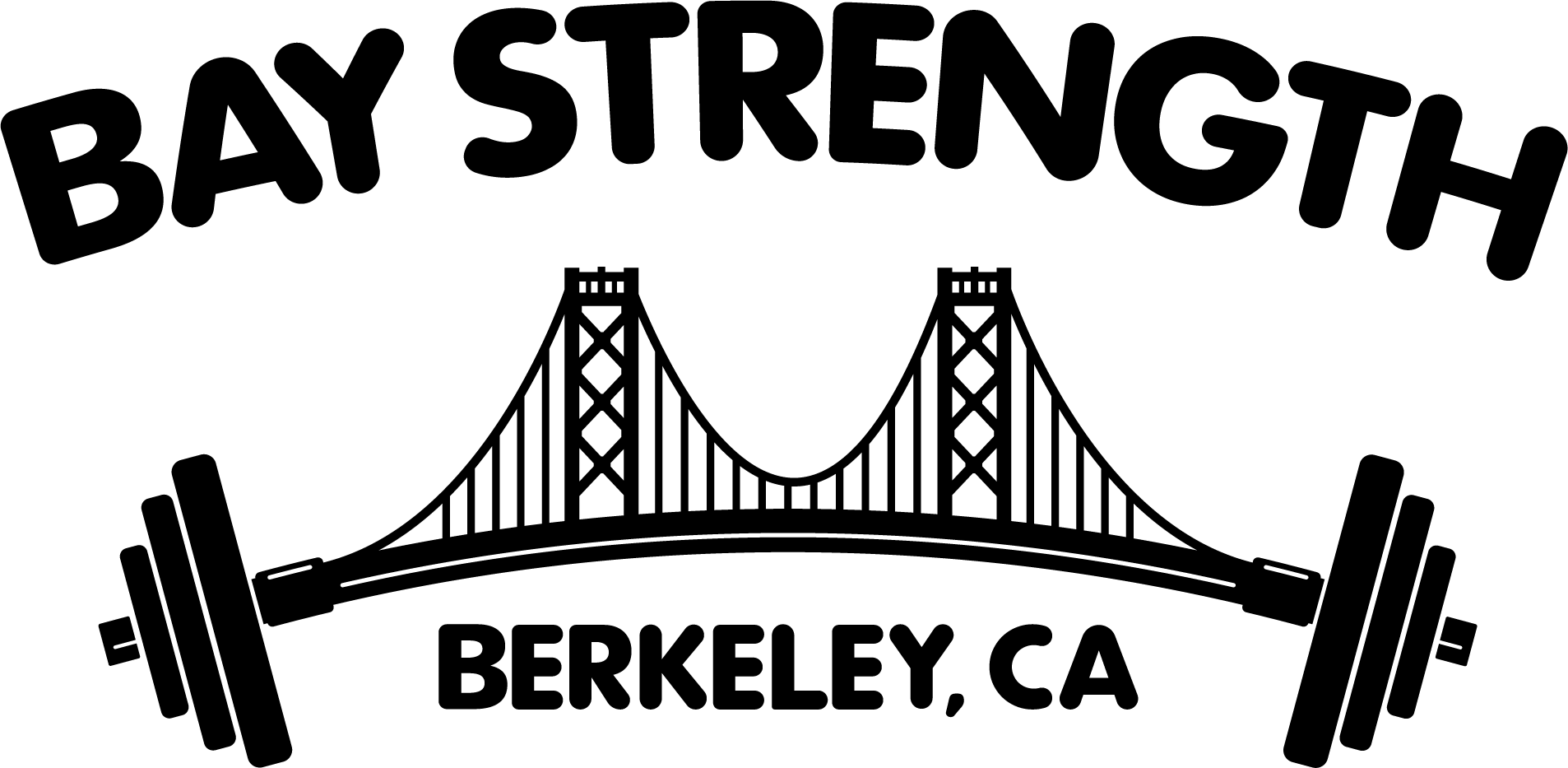Right now, what seems like most of the world is focused on racism and white supremacy in a way that feels very new. Protests internationally and at home, while people everywhere grapple with the legacy and reality of racism that the US was founded on. All while police brutality, including blatant lethal shootings in the street, continues unchecked.
Many people are for the first time realizing the extent to which police violence in particular, and racism in general, has permeated our culture. Whether this is a new perspective for you, or one that you’ve been holding and developing for years, the prospect of dismantling white supremacy in our hearts, communities, and governments, can feel incredibly daunting.
White supremacy is everywhere. It is pernicious, multi-faceted, and can appear in places you didn’t ever expect it to. If you’re white, you have benefitted from it, knowingly or unknowingly, throughout your life. The battle to end white supremacy must be fought on many fronts. But, if you have undertaken the daunting struggle of strength training, you already have learned some incredibly effective tools for the fight.

Strength training is not an easy thing to do. It takes bravery to get under a barbell. It also isn’t full of instant gratification. If you start today, you won’t be squatting your bodyweight by the end of the week. Like all athletic training, getting stronger is a process, forged over time, and success requires clear goals, strong focus, consistency of habit, and trust in the journey. This is precisely the kind of relationship we need to cultivate in all anti-racism work.
When you first begin strength training, the exhilaration is palpable. This is scary and new, but exciting! You’re stretching yourself, and you’re full of imagining of what your new life as A Strong Person might look like. Maybe in the same way that a new habit of activism might fill you with energy and hope.
As you keep at it, you learn to show up every day and make small choices to support your goals. You realize that every aspect of your life, your sleep, your food, your social activities, your support system, all contribute to your progress. There are choices everywhere that can either help or hinder your journey. There are opportunities every day to tear down (or uphold) oppression.
You learn to show up even when it feels bad, when you don’t want to. You learn to give yourself credit for doing the hard thing even when you don’t see results right away. You never regret a workout. You learn to notice what is easy for you, and where you need some extra attention. You identify areas of improvement, in lifting, in your life. You learn to ask for help and guidance when you need it, and you check out your resources, so you know you’re getting the best information, and not just what some guy said on YouTube.
You realize the importance of community, of having a team of people who share your goals. They keep you accountable, they share your successes and help pick you up from failures. You learn about failure, about what it feels like to stop for a while. You see your goals recede in your vision, and wow that first day back is hard. But your team is there, happy to see you, and knowing you’re with them reminds you that this is a long journey, and one failure doesn’t destroy your gains. Progress isn’t linear. Social and political change isn’t linear.
You learn to adjust your work based on what you learn about yourself. You take breaks to refresh, you make a change. You train differently for a while. You learn self-reflection without self-criticism. Your focus shifts. You show up, and adapt, and taking each small step gets easier. The ups and downs aren’t as scary because you’ve been on this path for a long time. You trust yourself and you trust the work. You’re a lifter, and you know how to play the long game. You know revolution doesn’t come quick.

You’re a lifter, and you already have the tools you need to start deep, longterm anti-racist work. There is not one way to do this, there is not one path, but it will take all of these skills you’ve learned from lifting. Your commitment, your community, your curiosity, your bravery, your passion.
Be a constant student, of lifting and of justice. Know that the work will be hard in small and large chunks. Celebrate each milestone but don’t let “post-meet fatigue” set in, not ever. Don’t stop after one protest. Learn more. Keep going. If you fail a rep, miss a session, falter a bit, come back next time. There will always be a next time.

I love this essay!
Achieving long-term goals requires trust in yourself, your partners, your journey-mates, and the process you’ve chosen with them. Reassess as needed but don’t get her dauber down for too long. We shall overcome is not just a slogan. It is a clear-eyed way of seeing the struggle that always lies ahead so that your strength will be there when it’s needed for more progress.
You have done so much, and I know you will always be working hard to do more. I am so pleased to be associated with you. Your commitment to ending racism and social injustice is the most important progress I celebrate as a measure of success, though the work goes on—so thank you. You are an inspiration to me.
Work hard, have fun.